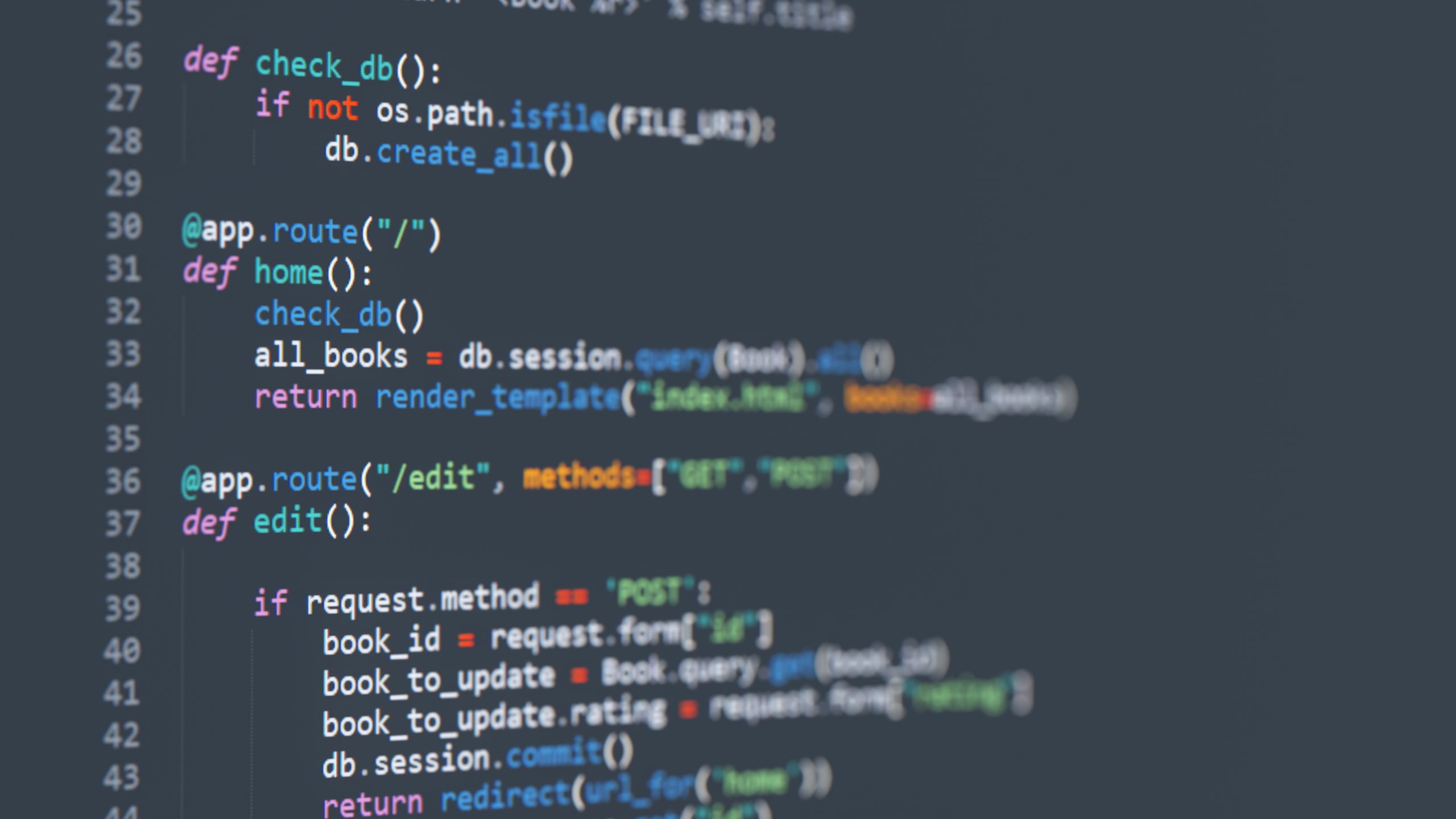Mastering the Art of Programming Interviews In the competitive landscape of the tech industry, mastering programming interviews is essential for…
Pair Programming Interview Tips: Mastering the Dynamic Duo Technique Pair programming interviews can be a nerve-wracking experience, especially if you're…
Embarking on the Coding Odyssey: Navigating Challenges with Mastery Coding, the art of crafting digital solutions, is a journey filled…
Embark on the Coding Adventure: Python Challenges Await Ready to elevate your Python coding skills? Python coding challenges offer a…
Decoding the Art of Successful Coding Interviews Entering the realm of coding interviews can be akin to navigating a complex…
The Artistry in Coding and Programming Embarking on the journey of coding and programming is akin to diving into the…
Navigating the Digital Frontier: The Role of a Computer Software Engineer In the ever-evolving landscape of technology, computer software engineers…







